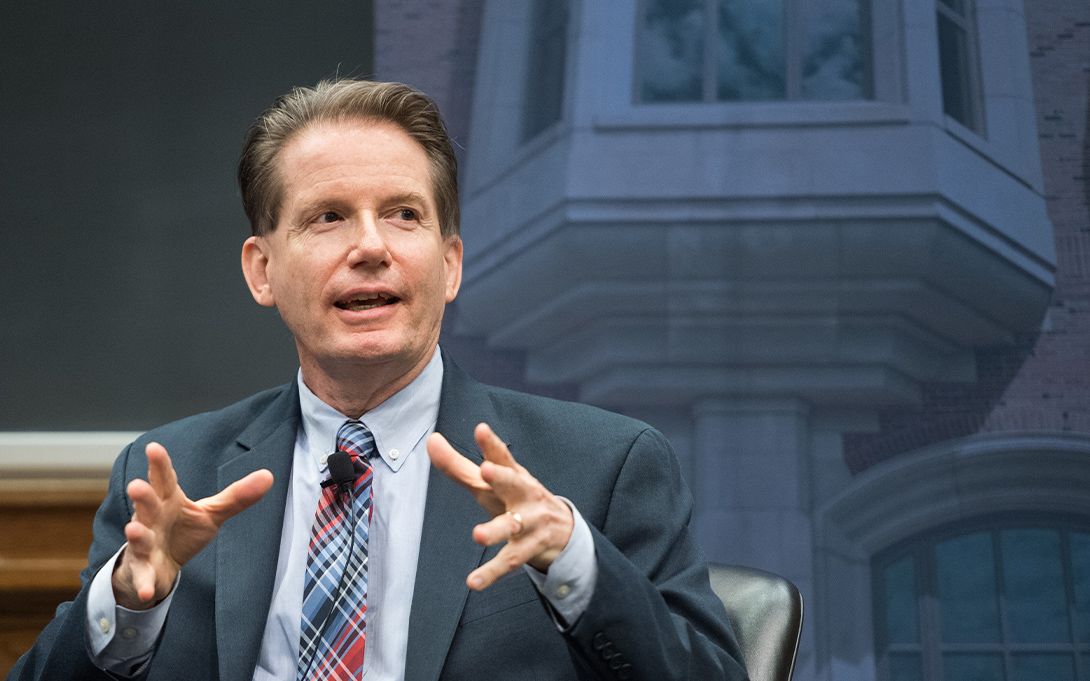
North American countries have struggled for decades to come together to fight climate change. In a recent article titled "A possible North American path forward on short-lived climate pollutants," Professor Barry Rabe proposes a solution to one elememnt of the problem -- short-lived climate pollutants (SLCPs).
"Contaminants such as methane and hydrofluorocarbons (HFCs) receive far less policy attention than carbon but pack a near-term climate wallop," Rabe writes. "A ton of released methane has 87 times the global warming impact of carbon over two decades. SLCPs have triggered well over one-quarter of the global warming that has already occurred."
Other countries have found success by focusing on mitigating SLCPs, according to Rabe.
"Energy sector methane mitigation offers a promising collaborative venue, given technological advances in measuring releases and cost-effective options to minimize flaring and venting," he argues. "Norway and Saudi Arabia have long maintained credible regulatory regimes to capture methane, mindful of its commercial value. Global adherence to Norwegian standards would reduce oil and gas methane emissions by over 90 percent."
Further, methane policy may prove less controversial than carbon policy. Canadian and American leaders have already marked methane policy a priority.
"Continental efforts could begin with development of a state-of-the-art emissions inventory after decades of deep downward bias in existing reporting systems in all three nations but ultimately go much farther," Rabe proposes. "Existing methane release measures remain notoriously unreliable across the continent. They undermine continued assertions for consequential climate benefits of natural gas over oil and coal or environmental superiority of North American gas exports."
Read the article, "A possible North American path forward on short-lived climate pollutants," published by the Brookings Institute.
